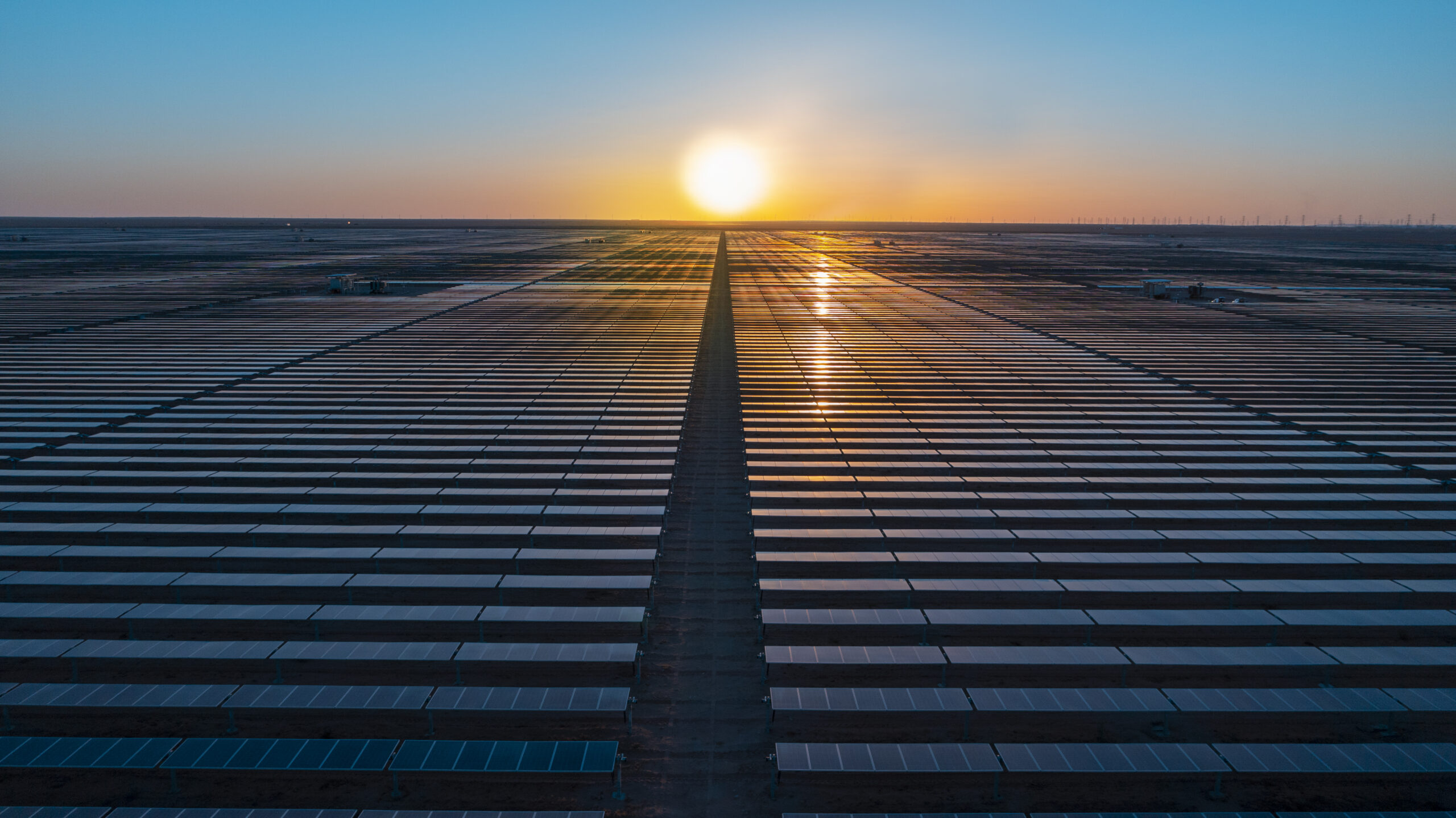Insider Brief
- Investors warned that changes to federal tax credits could destabilize clean energy projects, making resilience and adaptability crucial for survival.
- The investors have differing views as to whether carbon capture or methane reduction are the best climate technology investments.
- Despite political challenges, past experience shows that private-sector efforts often come about without government support.
Students at Stanford University got to her from two climate technology investors recently with regulatory uncertainty noted as a top concern for climate technology companies.
“Uncertainty kills startups,” Prelude Ventures Managing Partner Mark Cupta said at a meeting of the Stanford Energy Club (SEC) in early February, according to The Stanford Daily. Cupta stressed the importance of resilience and adaptability in the sector as federal policy changes add uncertainty for climate-focused companies.
While recent legislation like the Inflation Reduction Act (IRA) had helped bolster domestic energy production, potential rollbacks to tax credits could threaten the viability of many sustainability-driven projects, he noted.

Joining Cupta was Activate Capital Managing Partner Raj Atluru. Both investors are Stanford Graduate School of Business alumni, but shared differing strategies for identifying promising climate technology investments.
Navigating Investment Risks
Atluru emphasized the need for investors to assess both sustainability impact and market viability when it comes to decarbonization.
“You have to answer the question, ‘Why now?’ What’s happening now that will cause real growth in the industry, and why could any piece of competition stand out as being important?” Atluru said, according to the Stanford Daily.
Cupta noted that while decarbonization is a broad goal, methane reduction offers the highest immediate impact on climate change and financial returns.
“I would take all the money going into CO2 capture and dedicate it toward methane, as it has a much more punitive impact [on the climate] on a short-time horizon,” he said.
The Trump Administration’s Impact
Both investors acknowledged the potential challenges posed by a second Trump administration. If key tax incentives for clean energy projects disappear, the economic landscape for startups could shift dramatically.
“There is more to lose, and another government branch has been politicized in the courts, which makes it harder to fight some of these things,” Cupta was reported as saying.
However, they argued that past policy headwinds have sparked innovation.
“The attitude was—‘Screw it. The government’s not going to do it, so we’ll do it ourselves,’” Cupta recalled of the last climate tech boom, which gained momentum despite limited federal support during the previous Trump administration.
A Call for Industry-Led Innovation
Despite political uncertainty, the investors expressed confidence in the private sector’s ability to drive climate solutions.
Cupta and Atluru urged entrepreneurs and investors to focus on high-impact areas such as energy storage, grid optimization, and methane reduction rather than waiting for government intervention.
“Climate is an essential part of every macroeconomic chain on the planet,” Cupta said, reinforcing the idea that long-term opportunities remain, regardless of political changes.
SEC President Rohan Parekh highlighted the organization’s role in fostering diverse energy solutions.
“The goal of the club is to treat every energy sector equally and tackle the problem from all fronts,” Parekh said.








